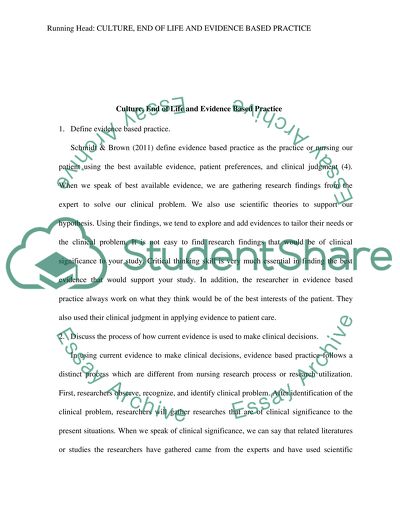Cite this document
(“Culture, End of Life and Evidence Based Practice Assignment”, n.d.)
Culture, End of Life and Evidence Based Practice Assignment. Retrieved from https://studentshare.org/nursing/1474053-culture-end-of-life-and-evidence-based-practice
Culture, End of Life and Evidence Based Practice Assignment. Retrieved from https://studentshare.org/nursing/1474053-culture-end-of-life-and-evidence-based-practice
(Culture, End of Life and Evidence Based Practice Assignment)
Culture, End of Life and Evidence Based Practice Assignment. https://studentshare.org/nursing/1474053-culture-end-of-life-and-evidence-based-practice.
Culture, End of Life and Evidence Based Practice Assignment. https://studentshare.org/nursing/1474053-culture-end-of-life-and-evidence-based-practice.
“Culture, End of Life and Evidence Based Practice Assignment”, n.d. https://studentshare.org/nursing/1474053-culture-end-of-life-and-evidence-based-practice.


